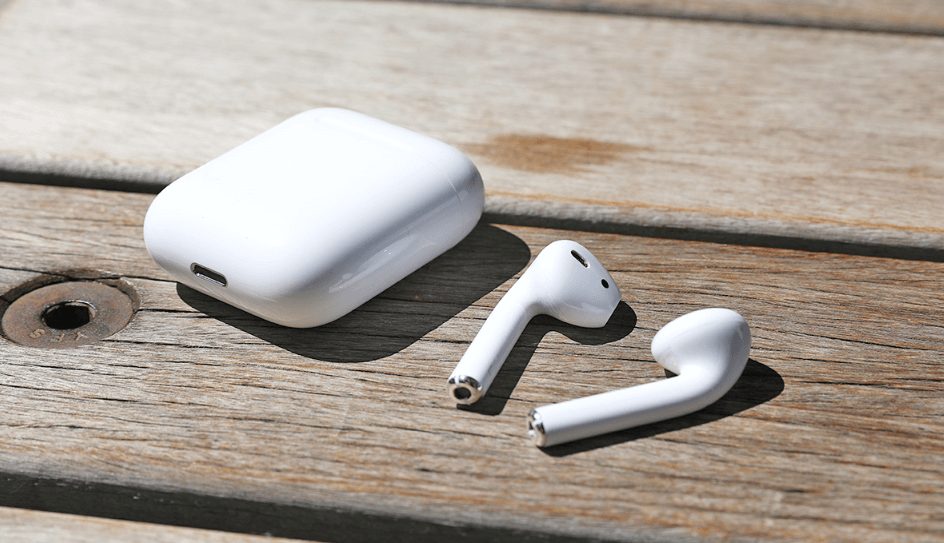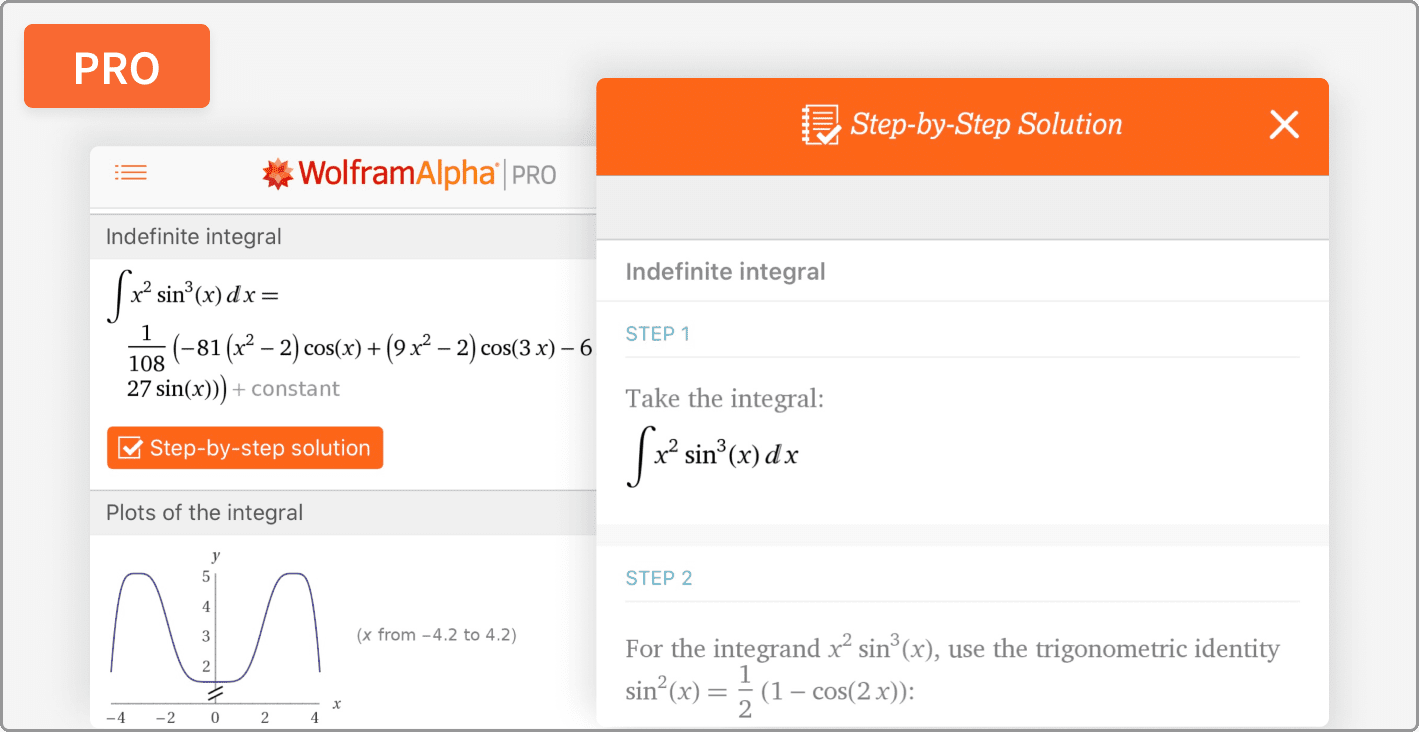Computer security is a vast topic, and all enterprises spend billions of dollars each year to detect and solve security holes. Hence, we never know whether there is any vulnerability on our personal computer. So, the best solution is to upgrade the security level on your computer, as well as apply security tips above to ensure you are protected. Not 100%, but it is better than not doing anything.
Now you might think you only need to use antivirus software and everything is safe. However, antivirus programs are not perfect. If you are just relying on an antivirus application to protect you from threats, you are putting yourself in danger. Here I share some tips on how to secure your devices and protect your data.

Folder Lock Software
Folder lock software has a user friendly interface and uses encryption techniques for security and to prevent other persons from deleting, viewing, editing files and directories. Such software is used to lock directories on an external USB drive, internal hard drive, flash drive etc. Some of the best folder lock software for PC are –
- Gilisoft File Lock Pro
- Wise Folder Hider
- File Protect System.
Data Recovery Software
Data recovery is a process of saving or rescuing inaccessible, deleted, corrupted, damaged, lost or formatted data from removable media, secondary storage such as HDDs, SSDs, USB flash drives, magnetic tapes, CDs, DVDs, RAID and other electronic devices when the data stored in them cannot be accessed in common way.
Some famous data recovery softwares are Ease US Data Recovery Wizard, Advanced Disk Recovery, Test Disk, Undelete 360 etc.
Data Backup
This is the most basic and most important tip to keep your data safe. Data backup means creating a duplicate copy of data so that if a device is lost, stolen, or compromised we can keep our important information safe. We can use portable hard disks and cloud storage as data backup options.
The main problem with portable hard disks is that the more the data for backup the more money you should have to pay. Data is kept off site by a provider in cloud storage and guarantees complete disaster recovery even when your hardware becomes defective. Disable automatic uploading of data on cloud storage.
Ensure That Old Computer Hard Drives are Unreadable
Important data and information can be gathered through old computing devices. So, it is very important to make old computers’ hard drives unreadable by disk shredding, magnetically cleaning the disk or using software to wipe the disk clean before disposing of them.
Use 2-Factor Authentication Where You Can
Your banking systems, Twitter, Facebook all support the ability for you to enable an additional security feature that you may not know. You go to your settings, it is in there. You can enable it and every time that you log in, it will register your computer, and you can then get a text message to go into that system as a second form of verification. It is important because if a hacker gets access to your password, they still have to have access to your phone to get access to your account.
Do Not Use Same Password Everywhere
This is one of probably the easiest ways that hackers can break and misuse your data. So, if you have the same Twitter password as your same banking information, those are things that can get you in some serious trouble. We must ensure that our passwords are well chosen and protected. We can use a series of aimless words or a sentence called “passphrases” rather than “passwords”. Passphrase strength depends on the number of characters it contains. They are easy to remember but hard for hackers to hack. Never use personally identifiable information such as contact number, address etc. as passwords.
Update The Software on Your Computer
Most important thing is to always keep up to date with what you are having out on your pc. Always keep an eye on those security patches. Every time you have a Windows update that says “HI I NEED TO UPDATE YOUR COMPUTER”, it is usually to fix a known attack that hackers have figured out to get access to your computer.
So keep up to date whether you are using a Mac, they are not impervious to attack or you are using Windows, same thing, update your system. Same thing for third party applications. If you are using Java, Adobe, PDFs, Office documents, those are all things that you want to keep up to date and that make it much harder for hackers to break into your system.
Software and Apps Privacy Settings
Application security can apply to desktop devices. Some software requests more permission than they really need in the need of data collection. These permissions allow access to vast data sources on the pc, possibly browsing history and geo location. We should restrict these unnecessary permissions.
Conclusion
Your personal data can exist online or offline. Keeping offline personal data secure is comparatively simple. Online personal data can be a little complicated to secure. We must keep our personal computer secure to avoid any direct hacking and malware attempts planned to steal our personal information and data. Apart from above, some other tips to protect your data in your pc are
- Do not use USBs or any other external devices if they do not belong to you.
- Always avoid the use of pirated material
- Never click any doubtful attachments or links.
- Browse the web safely and use a modern browser which blocks malicious websites and prevent malicious code from running on your computer.
- Be careful when sharing your personal information.
- Be careful with how much information you post online.
- Lock your laptop by pin or touch id or face id to protect your data in the case of a lost or theft.
- Do not save passwords in your browser.
- Install any antivirus and malware protection software and keep it up to date.







